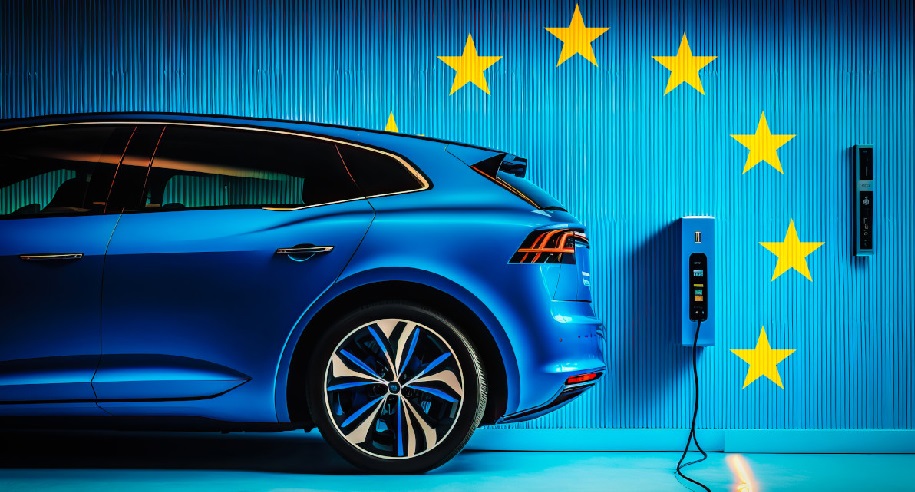The regulation adopted by the Commission is to be published in the Official Journal of the EU on Wednesday and enter into force the following day; Thursday, 31 October 2024.
The Commission is thus following its own announcement after the decisive vote by the EU member states on the special duties.
In the vote, a sufficiently large majority of EU member states voted in favour of the Commission’s plans to impose special tariffs on electric cars produced in China.
Following the lengthy anti-subsidy investigation, the EU considers it proven that some automakers in the Asian giant are supported by the local government with unlawfully high subsidies, which is why these companies can offer their products in Europe at more favourable prices than European companies that have not been subsidised accordingly.
The exact special duties therefore also depend on the level of distortion of competition identified.
The Commission therefore considers the countervailing duties to be necessary in order to secure the long-term future of the automotive industry in the EU.
Germany had voted against the proposal as the German government fears a trade conflict with China – and the possible consequences for German car manufacturers and suppliers.
Berlin had therefore endeavoured to secure its own majority to avert the tariffs proposed by the Commission in July.
However, this was not successful. Further negotiations after the EU vote were also unsuccessful.
One option was for electric vehicles (EVs) dealers to enter into price commitments and thus avert the tariffs.
It remains to be seen how China will react.
Most recently, there were reports that the government in Beijing had put pressure on state-owned car manufacturers to stop their expansion in Europe, for example, plans for possible European plants in order to circumvent the import duties with local production.
However, this is said to have centred primarily on the negotiations that were still ongoing at the time.
As these have now failed, China’s future policy is also unclear.
In addition to the already applicable import duty of 10%, EVs from BYD will be subject to an additional 17.0% from November, 27.0% in total.
For Geely, the final version is 18.8 and 28.8% respectively, while the maximum rate for SAIC is 35.3% special duty and therefore 45.3% total duty.
There is also a special regulation for Tesla: the US car manufacturer operates the Giga Shanghai itself and not in the form of a joint venture with a Chinese manufacturer.
As a result, Tesla has also received fewer subsidies in China and therefore has a smaller competitive advantage from the perspective of the EU Commission.
As a result, a special duty of 7.8 % and a total of 17.8% were set here.
All other manufacturers must pay at least a 21.3% special duty when they import electric cars built in China into the EU.
This rate applies if the manufacturers have cooperated with the EU. If they have not, the 35.3% applies.
For German car manufacturers, it depends on whether they have cooperated and what the situation is with their joint venture partners.
In the case of SAIC-VW, for example, the maximum rate of 35.3% applies. This is not relevant in practice, as SAIC-VW does not export electric cars to Europe.
However, the joint venture with JAC, Volkswagen Anhui, builds the Cupra Tavascan, for example, for the global markets. The special duty here is 21.3%.
Source: sueddeutsche.de / bloomberg.com







